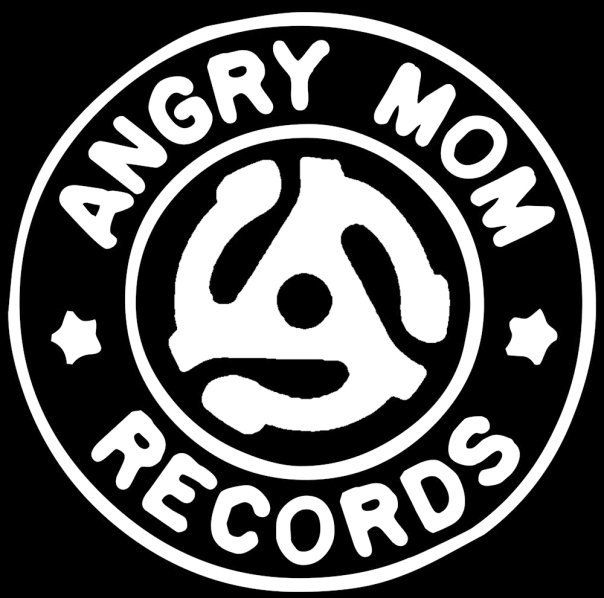Bert Jansch - Jack Onion
(Superior Viaduct)
1966 was a year in which a staggering amount of what would end up as “classic” albums came out. Dylan released what would be his punctuation to his defiant electric “Thin Wild Mercury Sound”, Blonde On Blonde, The Beach Boys proved they had concerns greater than the state of the surf with Pet Sounds, The Beatles invited the masses to take a trip with them away from the “She Loves You”s and into “Tomorrow Never Knows” with the release of Revolver, Zappa makes his way on to the scene with Freak Out, the commercial viability of the electric-folk movement was solidified with Simon & Garfunkel's Sound Of Silence, and on, and on, and on. It's safe to say that both artists and consumers were excited with the times and focused on the future.
However one artist, who's name surely did not end up on any “Best Of” lists at the end of '66, was looking the other way. Bert Jansch released his third album in 1966, only in the U.K, not available in the US until 1970 (and panned when it was finally reviewed by Rolling Stone), to almost no acclaim or notice from the general public. His first self titled Album was recorded quickly and earnestly on a friends bed on one afternoon in 1965 and his Second album It Don't Bother Me was recorded under similarly casual or indifferent circumstances the same year. He was a name known inside the folk circuit by fellow artists more than any sort of audience. Both albums consisted of mostly original (and completely great) material, but with his third album, Jack Orion, he opted out of the race for the “New Sound” already in abundance for a more traditional route. That's not to say that this album does not move forward, only that its foundation is an exercise within the lineage of Folk Music in the truest sense of the term. How can an album be experimental and traditional? By being completely honest. The first five minutes of this album contain no vocals. Two pieces, one on Banjo and one on Guitar set the stage for the 10 minute title track where Jansch more than makes up for the lack of a voice with his almost jazz like interpretation of the piece. Jon Renbourn who would later form Pentangle with Jansch accompanies him on a few tracks, weaving in and out of the past and present in a way that no one else was interested in doing in 1966.
From a career standpoint an album consisting of only traditional Folk tunes could be seen as almost surrendering to the impact and influence of the aforementioned Artists and Albums, but now 50+ years later it becomes clear that it was a statement – there is no future without a past, and it's an exercise in humility to remember reflect on what has come before us in order to pave the way to where we need to be and how we get there. Dylan would soon find himself in a basement in upstate NY going over the songs that first meant something to him, inspiring another generation of what would unfortunately later be dubbed “Americana”, even The Beatles eventually end up retracing their own roots with the Get Back Sessions to try to make sense of where they have found themselves. Did they take notice of Bert Jansch's journey? Probably not. But it's not too hard to connect the dots today, starting with Jack Orion. (Adam)
Check out a track here

